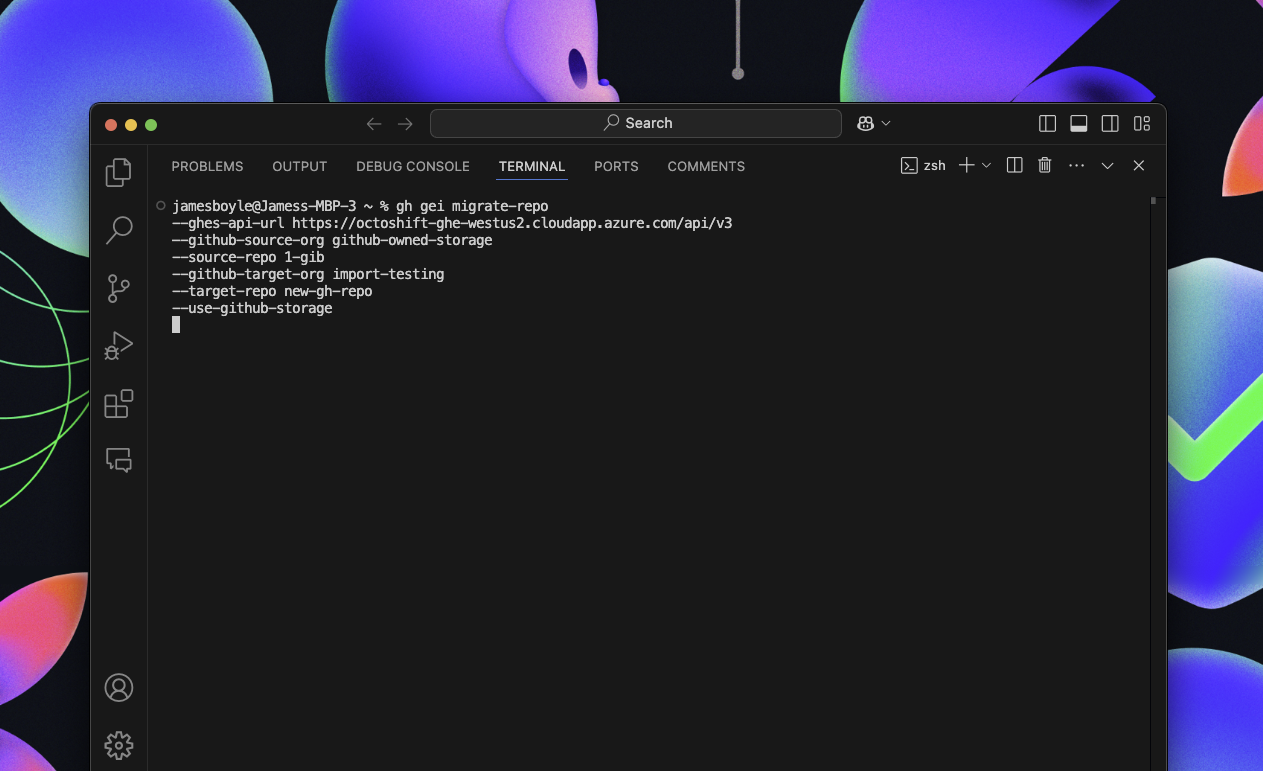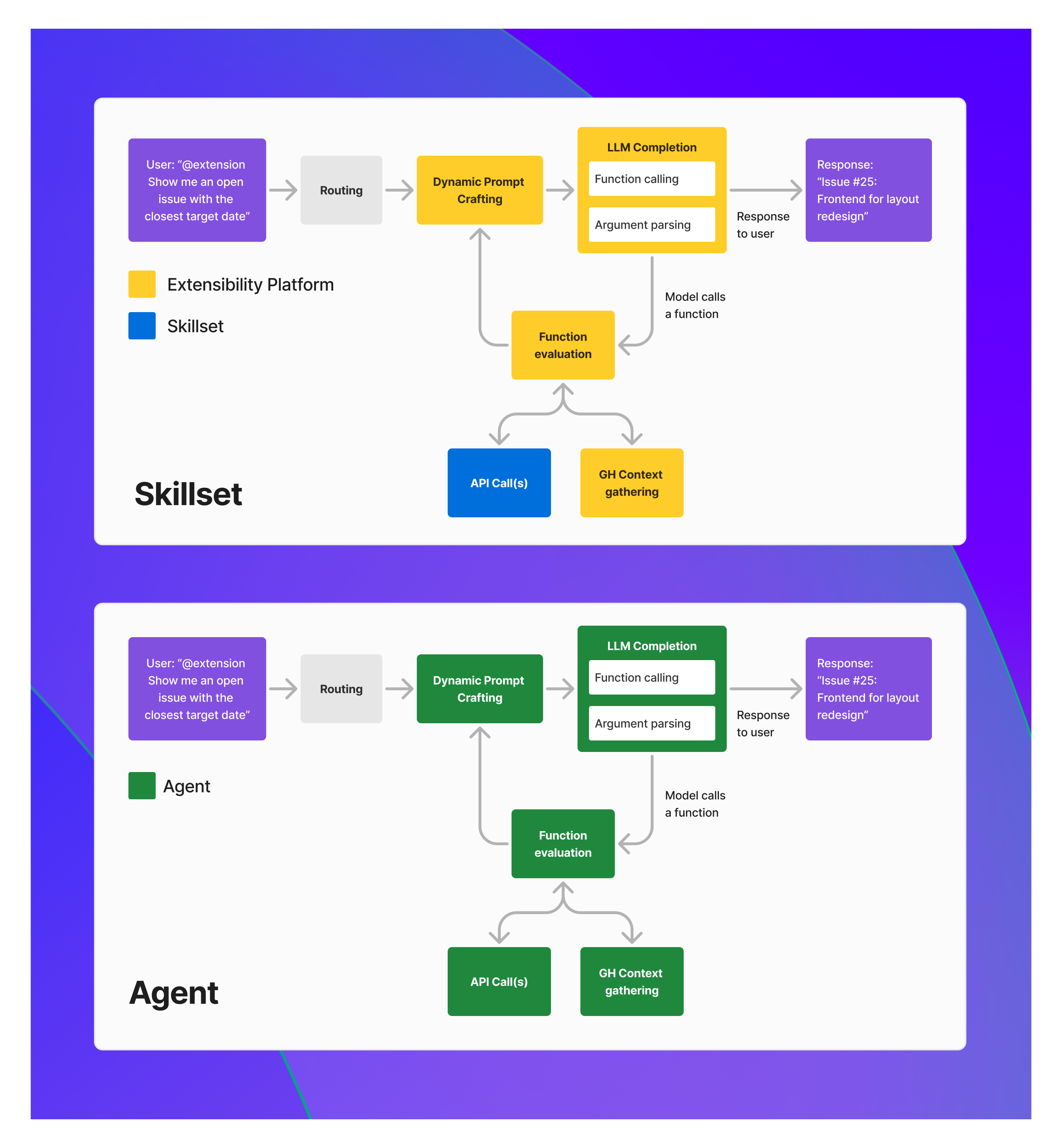We’re excited to introduce persistent commit signature verification, a powerful new feature designed to elevate the security and reliability of your repository’s commit history.
Starting today, GitHub verifies commit signatures when they are first pushed, and once a commit’s signature is verified, it remains verified within its repository’s network. This supports organizations in maintaining a secure and accurate record of contributions without constantly rechecking the validity of every signature. You can view these persistent verifications directly on GitHub, where a quick hover over the Verified badge displays the timestamp of the original verification.
Efficient, Secure, and Transparent Verification
Previously, commit signatures were verified on demand, via a process that was not performant and had risks of previously verified signatures becoming “unverified” due to various reasons like service outages or key rotations.
Persistent commit signature verification solves these issues by validating signatures at the time of the commit and storing the verification details permanently. This also brings consistency to the commit history as git commits are immutable and they do not natively support key rotation.
Managing commit signatures can be a challenge, but persistent records ensures that verified commits remain verified over time, even if signing keys are rotated, revoked, or contributors leave the organization.
How to tell if the verification has a persistent record?
When a commit’s signature is verified upon being pushed to GitHub, the verification record is stored alongside the commit. This record is immutable, ensuring that the verified status is maintained permanently.
You can view the verification timestamp by hovering over the Verified badge on GitHub or via the GitHub REST API which now includes a verified_at field.
Learn more about commit signature verification on GitHub.
Designed for Real-World Key Rotation and Contributor Management
For organizations managing signature verification – whether GPG, SSH, or X.509 keys using S/MIME – persistent commit signature verification provides a robust way to ensure signature integrity across the board. Now, any commit with a verified status can retain that status, even when the signing key is rotated or removed.
Persistent commit signature verification is applied to new commits only. For commits pushed prior to this update, persistent records will be created upon the next verification, which happens when viewing a signed commit on GitHub anywhere the verified badge is displayed, or retrieving a signed commit via the REST API. This ensures that your repository remains secure while providing flexibility in managing your verification practices.
This approach lays the groundwork for future improvements aimed at enhancing repository integrity and authenticity of contributions within GitHub.
Key Management Caveat: Revocation and Expiration
Persistent commit signature verification ensures that verified commits retain their status indefinitely, it’s important to note this records the state of the signature at the time of the commit. If a signing key is later revoked, expired, or otherwise changed, GitHub will not re-verify previously signed commits or retroactively modify the verification status.
For organizations using S/MIME keys, this does introduce a minor change: revoked S/MIME keys will not verify new commits or those without an existing persistent record. Since git commits are immutable, persistent commit signature verification aligns with this concept by maintaining the original verification status without change. Organizations may need to manage key states directly to align with their security policies, especially in cases involving frequent key rotation or revocation.
This approach ensures that once a commit is verified, it remains trusted based on the record at the time, bringing consistency and long-term reliability to your commit history.
Moving Towards a Future with Secure and Authentic Contributions
With this launch, we’re addressing a key issue: commit verification that isn’t fragile or temporary. Teams can now implement signing key policies, without worrying about losing the verified status of past work.
Stay tuned for more updates as we continue to enhance commit verification. If you have feedback or suggestions, please let us know through our GitHub Discussions forum.



